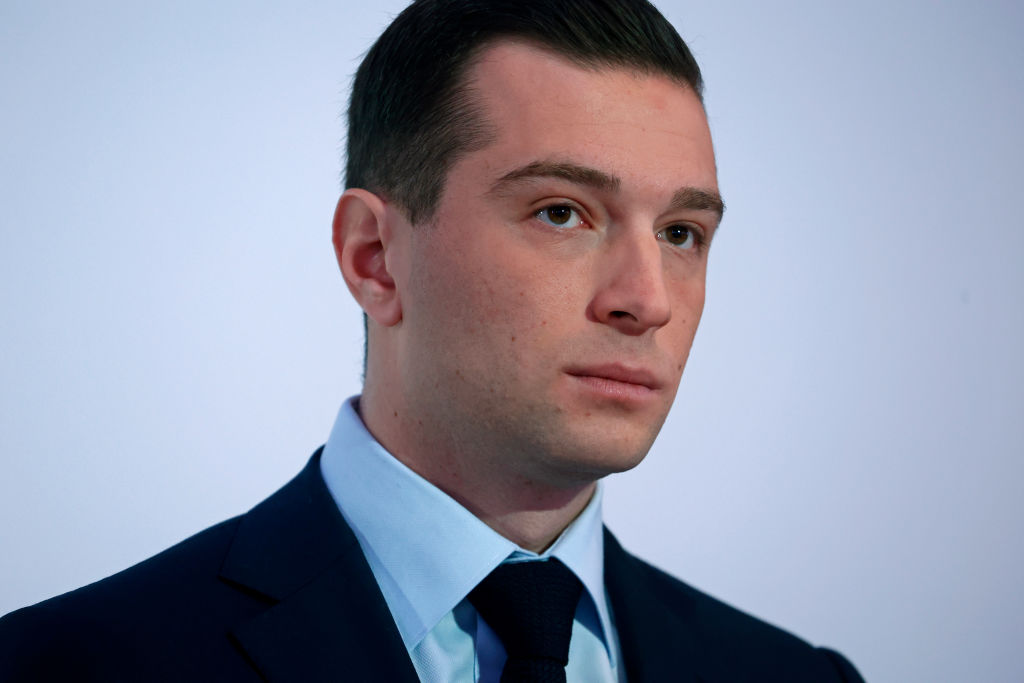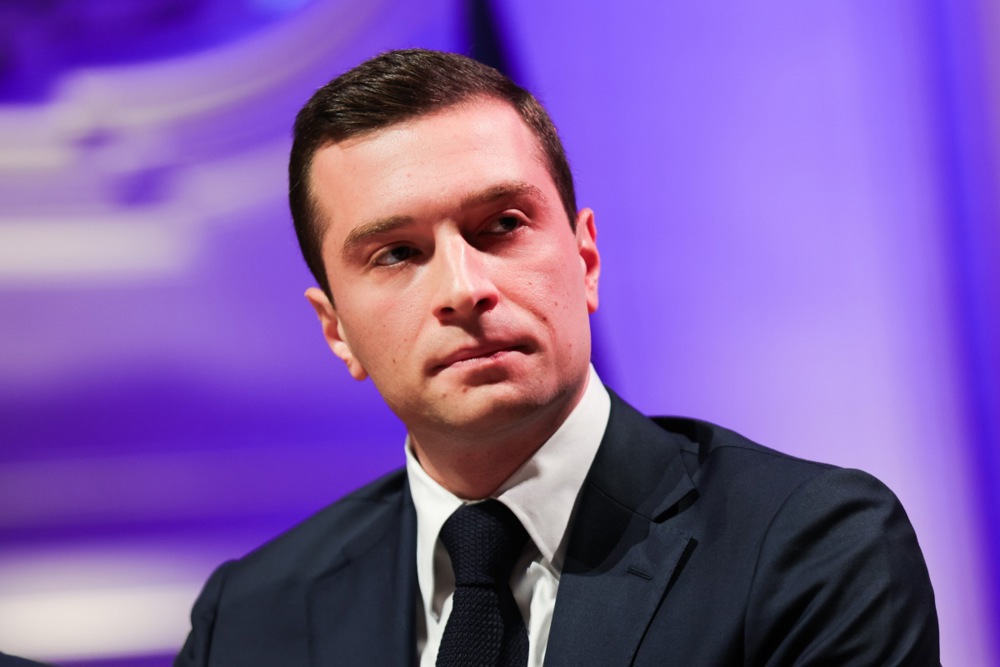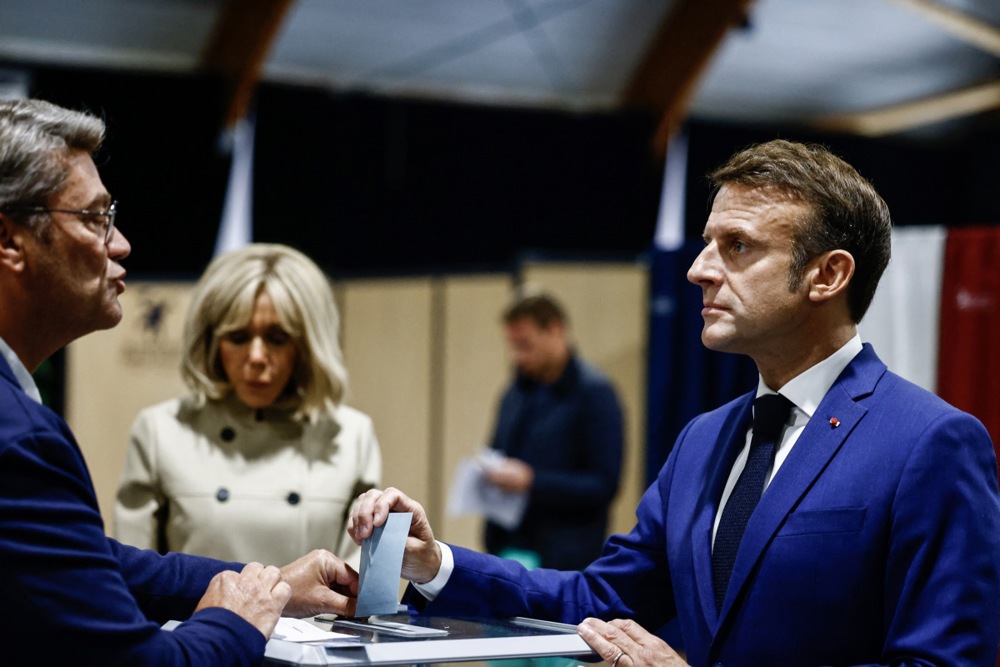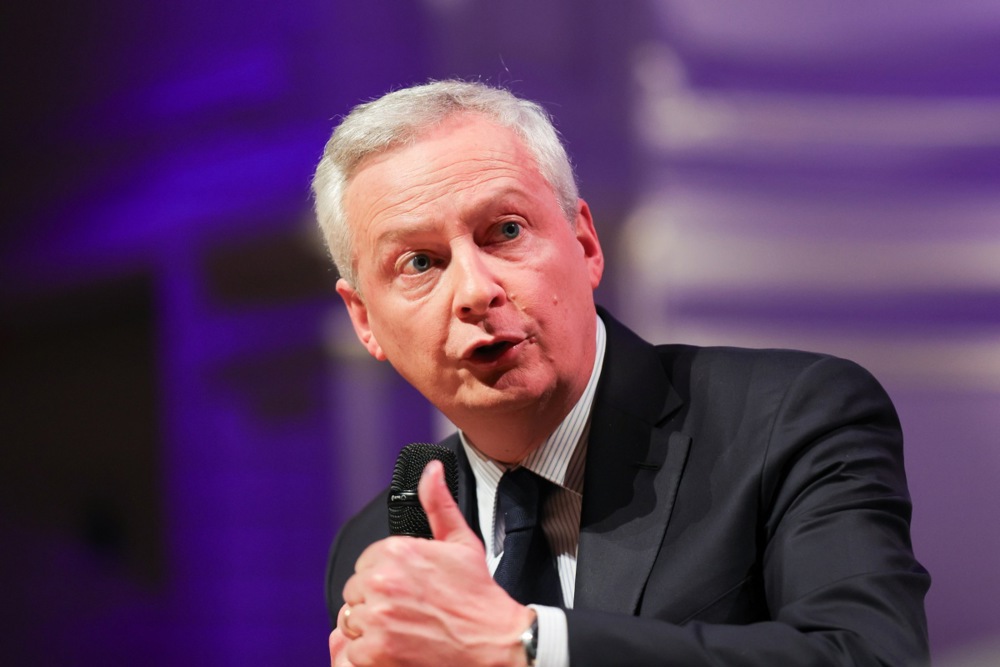The French Left and the hard-right party National Rally (RN) both dismissed the latest projections for the next parliament, instead urging the electorate to vote for them to establish a clear majority in the next parliament to avoid deadlock.
Recent polls indicated that neither the left-wing alliance New Popular Front (NPF) nor the RN was on track to secure the 289 seats required for an absolute majority in the French Parliament.
Despite that, leaders from both factions remained optimistic.
In an interview with Cnews on July 5, RN parliamentary leader Marine Le Pen said voters should not trust polling and projections warning that her party won more than twice the predicted number of seats in the last election two years ago.
Si nous n'obtenons pas de majorité absolue dimanche, le pays sera bloqué. Au pire moment.
Au moment, où, les factures explosent. Au moment où l'insécurité explose. Au moment où, le peuple français souffre énormément. pic.twitter.com/lrqmgSdUkK
— Marine Le Pen (@MLP_officiel) July 5, 2024
“We have serious chances of getting an absolute majority,” she insisted.
“If no one gets an absolute majority, and we’re the only ones who can, no bill will be passed.”
RN’s push for voter backing was echoed by Jordan Bardella, President of the party, who stated he would take up the seat at the French Prime Minister’s residence Matignon only if the RN secured an absolute majority.
Similarly, Clemence Guetté of the hard-left party La France Insoumise (LFI), responsible for the programme for the NPF, expressed confidence in its ability to achieve a majority.
“I think it’s possible. That’s why we’re in politics. We are with the New Popular Front in enough second rounds to win,” she said on July 4.
LFI leader Jean-Luc Mélenchon has also been active, particularly in French city suburban areas, urging traditionally left-leaning but often low-turnout communities to participate in the election.
In terms of voter engagement, the RN currently appears to be ahead.
In some districts, RN candidates have gained significant support despite minimal campaigning. For instance, Elodie Babin, who runs in Loiret’s 2nd constituency, has been elusive to both the media and local voters but still garnered 33 per cent of the vote in the first round of the elections on June 30.
According to local news outlets, she has never responded to requests from journalists.
Similarly, Véronique Fossey in a Landes constituency avoided public debates but secured 37.23 per cent of the vote, 10 points ahead of her opponents.
Voter turnout will be the key in the second round on July 7 to sidestep potential government deadlock.
According to the French daily newspaper Le Monde, French President Emmanuel Macron and his allies thought a snap election just before the summer could favour the leader.
“On July 7 people living in banlieues [suburbs] will be gone and won’t vote La France Insoumise,” said interior minister Gérald Darmanin.
High voter turnout in banlieues and big cities could favour the Left, while high voter turnout in the countryside could favour the hard right.
Although 66 per cent of eligible voters participated in the first round, around 16 million French citizens did not.
Whether they respond to the parties’ pleas and cast their ballots remains to be seen, but there has been an increase in online voters taking part abroad, where the second-round polling closed at 6pm on July 4 with 460,000 voting compared to 416,000 in the first round.
Another key factor for July 7 is a possible “grand coalition” with a “technical government”, which is wanted by Macron and his Renaissance party to avoid a political dead end.
This idea sparked a strong debate on the Left, with some viewing it as a betrayal of left-wing voters, while others saw it as a pragmatic solution.
Infighting has once again flared up within France’s Les Républicains (LR) after a senior figure within the party voiced support for Socialists in the country. https://t.co/C1aLIS3yWo
— Brussels Signal (@brusselssignal) July 3, 2024





